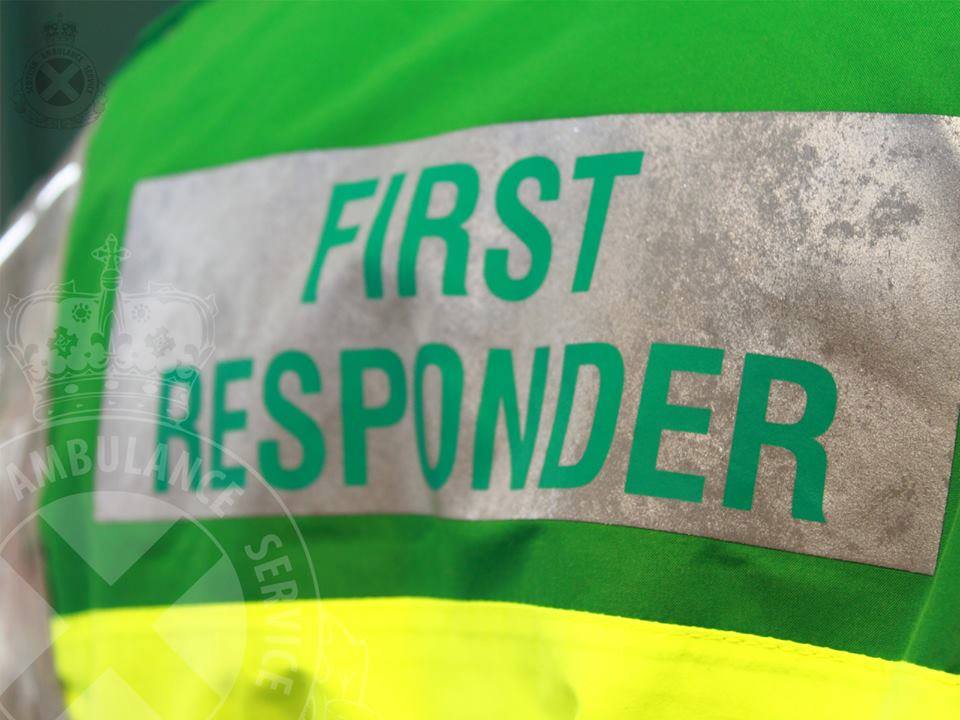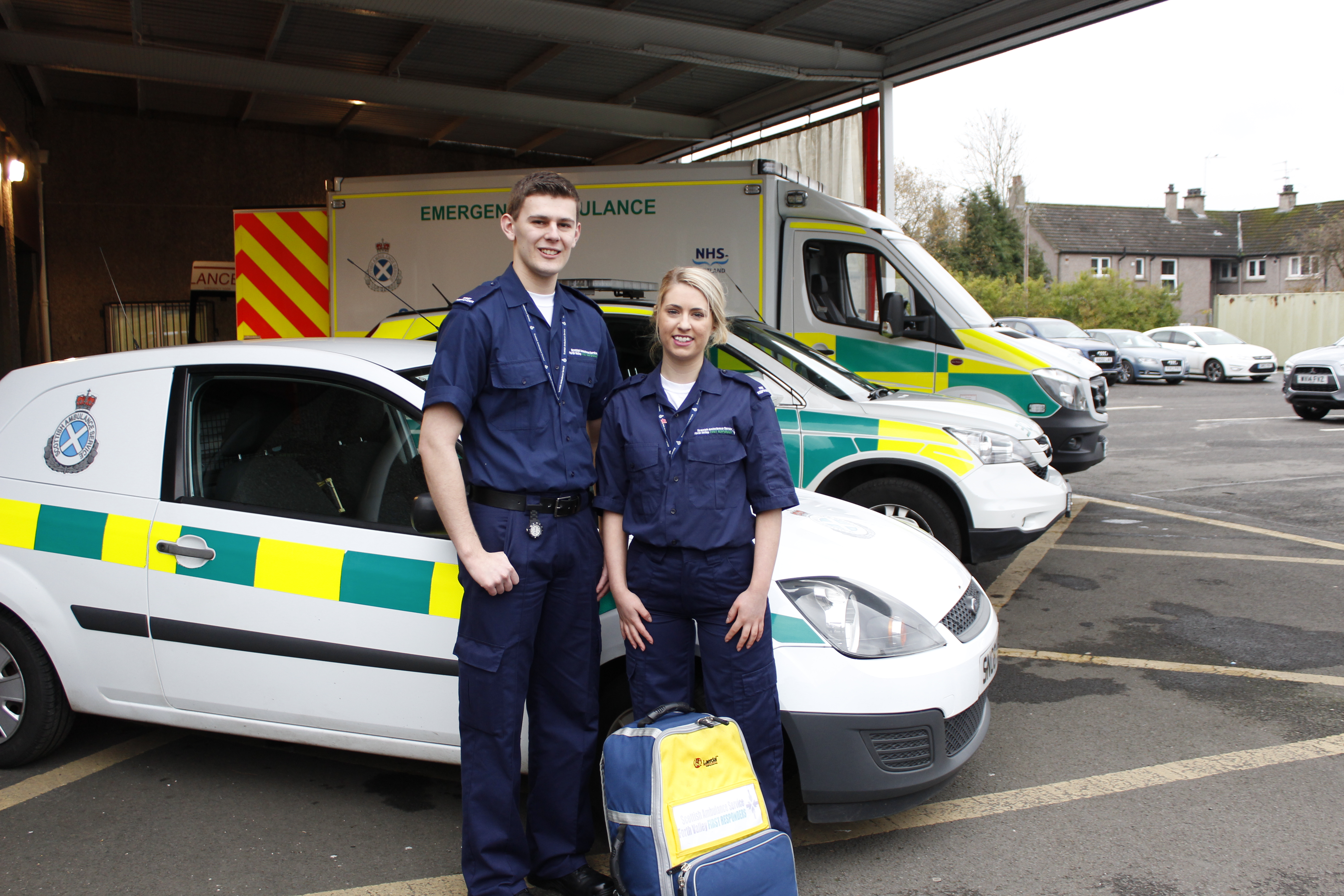Why become a First Responder?
There are many answers to this question and the answer will vary according to who you ask.
Many people feel a need to give something back to their local community whilst others have spare time and would like to use it to do something worthwhile. Whatever your reason for becomming a responder, it is something that will be both rewarding and at times challenging.
The satisfaction of becomming a responder is not just based on saving someone’s life, although this is a very special moment should it ever arise. When someone calls an ambulance they are unwell, possibly frightened or unsure what is happening and vulnerable. Even when dealing with a patient who is not seriously ill, you have the opportunity to calm and reassure them.
Talking to them and supporting them while they await an ambulance is a part of the responder role that is often forgotten or overlooked but it can often be the most rewarding aspect of being a Community First Responder.

Who Can Become A First Responder?
A First Responder should be 18 years of age or over, physically fit enough to be able to achieve a satisfactory standard of proficiency after training. They should have a sympathetic and caring approach to people. They should be reliable and trust worthy with a mature outlook on life. Ideally a First Responder should be able to drive and hold a clean driving licence. There is a minimum commitment level per month, but this on average is less than 4 hours a week!
A key factor is that a first responder must be able to work together with others as part of a community team. First Responder Schemes are an additional valuable resource, which enable people to learn the skills necessary to begin life-saving treatment before an ambulance arrives, but do not in any way replace existing emergency ambulance services.
How do I become a First Responder?
To become a volunteer First Responder you must be:
- At least 18 years old.
- A Full UK Driving licence, and access to a car.
- Able to demonstrate and maintain a level of fitness to meet the role.
- An effective communicator with good interpersonal skills.
- Able to demonstrate logical approach.
- Work under pressure, yet stay calm.
- Have a desire to learn.
- Reside or work in the area in which the scheme is based.
- Able to respond without delay to incidents.
- Complete a criminal records check (Enhanced Disclosure Scotland check).
- Have some first aid knowledge (not essential).
- Long term commitment to the role.

